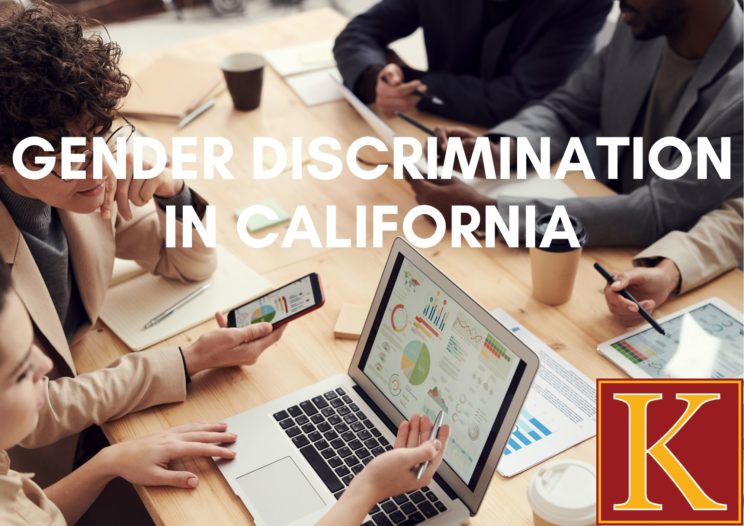Gender discrimination happens when the company treats an employee differently because the person is a man or a woman. Gender discrimination in the workplace can be in different forms and the law applies to both women and men, though women are considered the predominant victim.
Federal and State Laws Governing Gender Discrimination in the Workplace
- Title VII of the Civil Rights Act of 1964
This is a federal law which prohibits employers from discriminating against several protected classes, including sex and gender. Title VII, Civil Rights Act of 1964 applies to employers who have fifty of more employees. It applies to federal, state, local governments, employment agencies public and private universities or colleges and labor organizations.
- Equal Pay Act of 1963
Equal Pay Act of 1963 is a federal law which expands on Title VII of the Civil Rights Act. The Act only protects against wage discrimination, unlike Title VII which covers all types of employment discriminations.
- The Fair Employment and Housing Act
California’s Fair Employment and Housing Act is a state law which applies to both public and private employers, employment agencies and labor organizations. It is the most powerful anti-discrimination law in California and prohibits employers from discriminating against employees and job applicants. Individuals who are protected under this law:
- Employees
- Unpaid interns
- Volunteers
- Contractors
- Job applicants
Examples of Gender Discrimination:
Here are some examples of discrimination at the workplace based on a person’s gender.
- Employer refused to hire the person
- Employer demoted the person
- Employer fired the person
- Employer paid less
- Employer reduced the salary
- Employer denied equal pay
- Employer denied person’s benefits
- Employer denied a promotion
- Employer harassed the person
- Employer refused pregnancy disability leave
- Employer refused to select the person for a training program
- Employer denied reinstatement
Effects of Discrimination at the Workplace
When a person becomes the victim of gender discrimination at the workplace, he will likely experience the following:
- Decrease in productivity
- Low self-esteem
- The tension between the company and the victim
- Frustration, fear or anger
- Isolation from the rest of the team
Statute of Limitations for Filing Gender Discrimination Charges in California
According to the California state DFEH agency, a statute of limitations for filing an administrative charge is one year from the day of the last act of discrimination.
Damages Available in an Employment Discrimination Lawsuit
In California the damages available in an employment discrimination lawsuit depend on the type of discrimination involved and can include:
- Back pay
- Front pay
- Higher income from a promotion
- Higher income from a raise
- Different types of benefits
- Pain and suffering
- Emotional distress
- In some cases also punitive damages are available
If you have experienced or are experiencing gender discrimination, talk to our experienced employment lawyer as soon as possible. Make sure that you do before the statute of limitations is up. KAASS Law can help you file an administrative charge and collect the right evidence to prove the claim in court.
Get in touch now by giving us a call at (310) 943-1171 or by using the form below.

